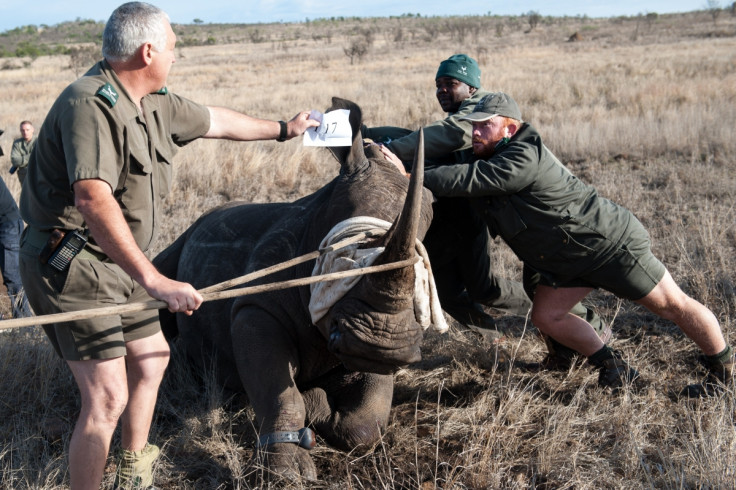South Africa: Connected Conservation technology to save rhinos from poaching

Dimension Data, a South African tech firm and networking company Cisco, announced a partnership to save rhinos being poached in the country. The technology deployed by the companies will track vehicles and people entering the reserve that is located near the Kruger National Park.
The primary goal of the pilot project dubbed "Connected Conservation" technology is to stop people entering to the reserve illegally. The similar technology would be deployed in other reserves across South Africa, Africa and in other regions worldwide, designed to protect the rhinos, as well as other endangered species such as elephants, lions, pangolins and tigers in India and Asia.
The companies have installed Wi-Fi hotspots around the reserve. Dimension Data has already deployed Reserve Area Network (RAN) using Cisco technology, which would be the first such installation.
Bruce Watson, Dimension Data executive said hundreds of staff, suppliers, contractors, security personnel and tourists enter the game reserves regularly. As the reserve is based in a remote location, the human activities in these regions are not being monitored.
According to data by South African Department of Environment Affair's Report 2015, as many as 1,215 rhinos were killed in 2014, which suggests three rhinos were being killed per day. If this continues, the death rate of rhinos could overtake their births by 2018.
The companies, in the second phase, plans to incorporate CCTV, drones featuring infrared cameras, thermal imaging, vehicle tracking sensors as well as seismic sensors on a secured intelligent network.
The use of drones for the purpose of conservation is not new. In 2015, British scientists from the University of St Andrews displayed a system dubbed Protect Rapid that features a satellite collar with a heart-rate monitor and video cameras embedded in the rhino's horn.
There are schemes to keep microchip under the animal's skin. Watson explained, "With our Connected Conservation technology, we don't touch the animals by darting them with tranquilisers to insert sensors into their horns, or insert a chip under their skin. This can be extremely stressful and risky for the animal and we've seen a number of rhinos either dying, or going blind, and having to be euthanased."
Speaking to BBC, Paul Glover-Kapfer, the World Wildlife Fund's technology adviser said, "The system outlined by Cisco and Data Dimensions, whilst not a panacea, is a welcome addition on this front."
"To be truly transformative, technology needs to be accessible, both in terms of its technical complexity and affordability, added Glover-Kapfer, "Connectivity in particular is a huge challenge facing many conservation organisations, and WWF is working with technology leaders to design systems for real-time data transfer to and from the remote areas within which we work."
© Copyright IBTimes 2025. All rights reserved.





















